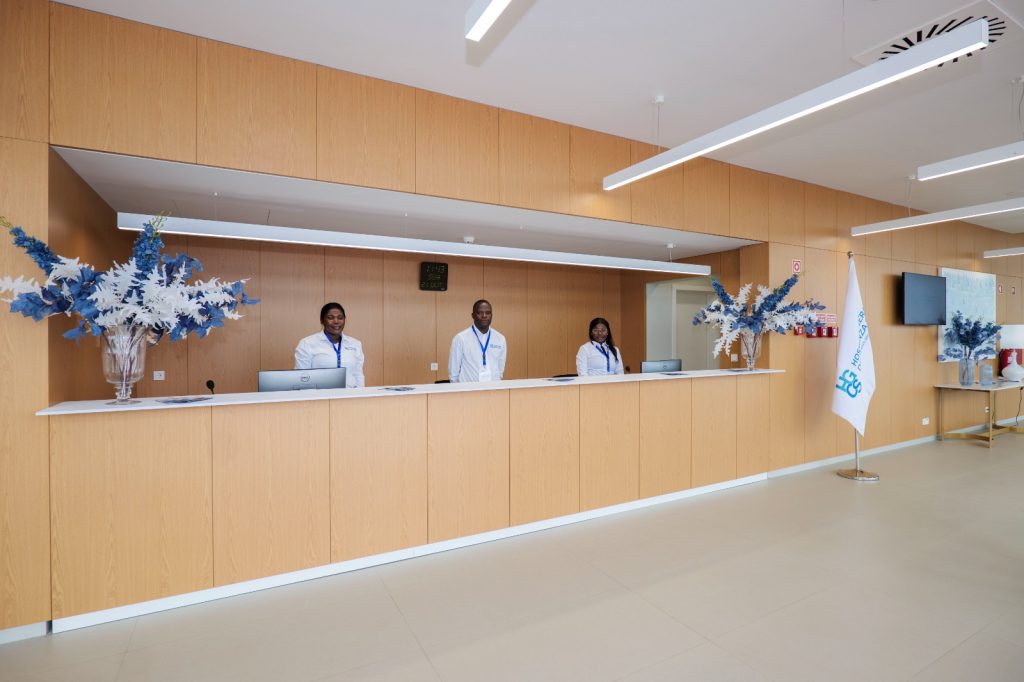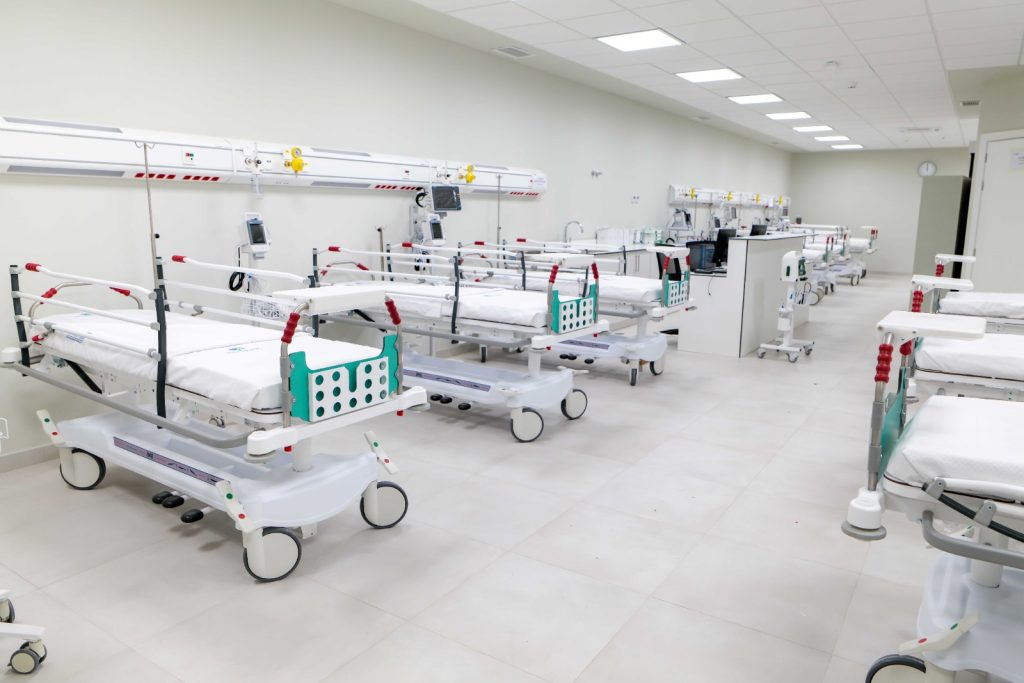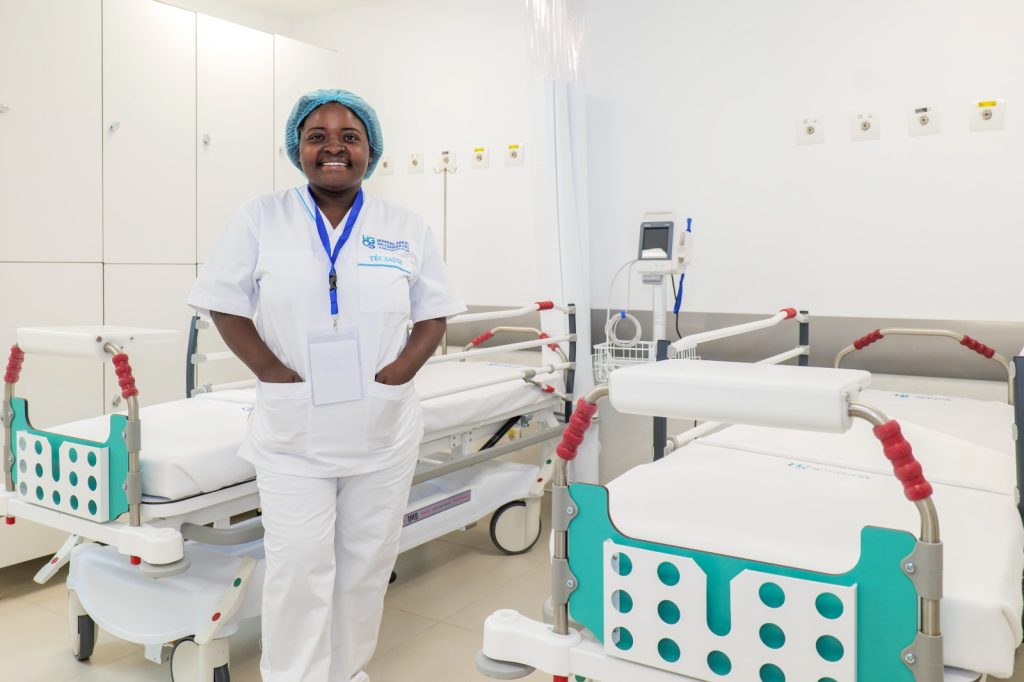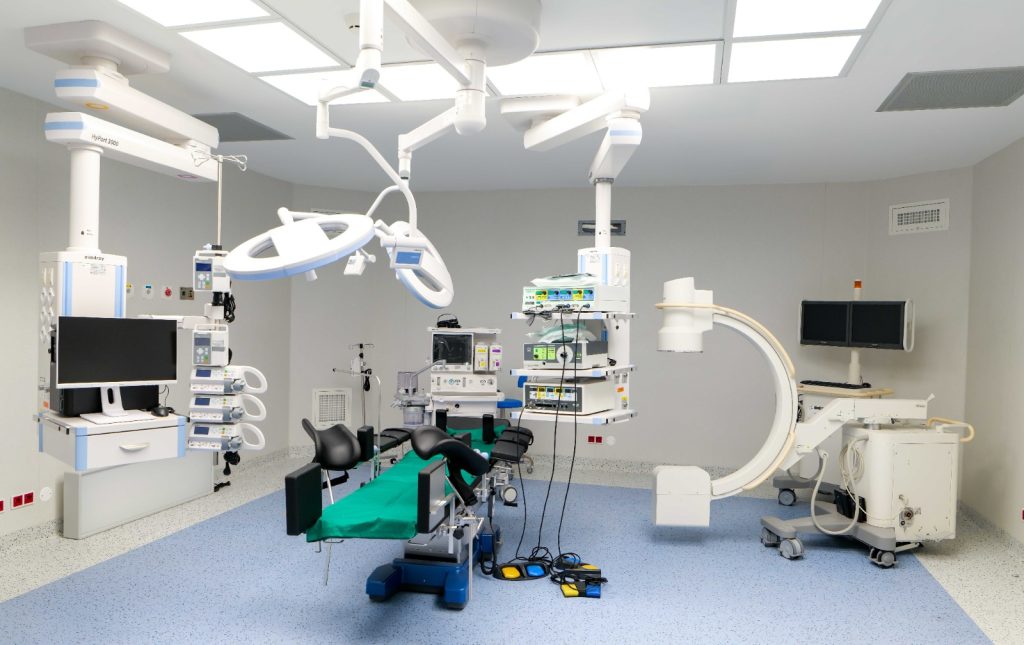The exponential increase in cardiovascular disease (CVD), even in regions and age groups where they were not common before, has driven a new approach to healthcare and a new lifestyle paradigm. On World Heart Day, it is essential to reflect on the high prevalence of heart disease in the population and to promote greater awareness of its severity and impact on the daily lives of populations.
The incidence of cardiovascular diseases is increasing rapidly in Africa, and this group of diseases is now becoming a public health problem.
It is, therefore, evident that there is an urgent need to ensure accessible and quality health care globally, also considering the recent humanitarian crises and the stress associated with them.
Health is fundamental to the well-being of populations, serving as the foundation on which prosperity is built. Without health, the continuity of humanity is compromised, and the increase in average life expectancy becomes unattainable. A healthy population is synonymous with a capable, strong, and resilient workforce, which contributes significantly to the social and economic development of countries. Societies with robust health systems have a greater capacity to maximize their potential and shape futures with a higher quality of life.
In Africa, the health situation presents a complex and challenging picture. With a population that exceeds (exceeding) 1 billion people, the continent faces a significant burden of disease, including cardiovascular disease (CVD). In 2019, more than 1 million deaths were attributed to CVD in sub-Saharan Africa alone, and it is estimated that these deaths will surpass those caused by infectious diseases, becoming the leading cause of death on the continent by 2030.
In this sense, the improvement and accessibility of health care is a central theme of the main global agendas. According to the World Bank, in recent years there has been a significant increase in investments in health in sub-Saharan Africa, with many countries allocating an increasing share of their GDP to this sector, African governments have intensified their efforts to improve the infrastructure and responsiveness of health systems.
As in other sub-Saharan African countries, in Angola, the growing increase in cardiovascular diseases in recent decades is primarily due to the historical context, in which investments were allocated predominately to infectious diseases, to the detriment of chronic diseases. In addition, other factors, mainly related to globalization, changes in lifestyles, and urbanization, have contributed to the current situation and its growth.
As part of the priorities established by the Government, there has been a considerable increase in investments and funding directed to the healthcare, with an emphasis on the emergence of advanced hospital units for the control and treatment of cardiovascular diseases, as well as prevention campaigns and surgeries.
Under the programs defined by the Government, Mitrelli has implemented projects that prioritize the construction of modern hospitals, such as the Bengo General Hospital, which is a milestone of transformation, progress, and well-being for the local community.
Our strategy includes a holistic approach that considers local specificities, such as the needs of each community and the availability of resources, offering facilities equipped with state-of-the-art technology, with a full range of medical services, including intensive care units, modern operating rooms, and specialized areas for the treatment of chronic diseases that guarantee excellent medical services to thousands of patients.
More than building hospitals and providing equipment, Mitrelli contributes to the creation of a new narrative about health in Angola, where it is intended that medical care is accessible in any region of the country. Every health project we undertake is a step towards a healthier and more promising future.
We all agree that the adoption of strategies to develop and strengthen the health system in Angola is a non-negotiable and indispensable factor to eradicate the vulnerabilities that are still present.
As countries modernize, there is a greater consumption of processed foods and the adoption of more sedentary lifestyles, especially in urban areas, which combined with stress, result in more obesity, diabetes and high cholesterol. In Angola, hypertension, in particular, is the most prevalent risk factor in the country, and affects more than 40% of the population according to 2023 data.
A firm commitment from governments, the private sector, international organizations and society at large to work collaboratively ensure that future generations can enjoy adequate and comprehensive health services is needed.
On the other hand, the promotion of investment in the pharmaceutical industry has also emerged as a solution to meet the needs of the growing population, which in addition to reducing dependence on imports, also contributes to the development, sustainability and autonomy of the health sector in the country.
These actions have a direct impact on the fight against CVD. With the availability of more advanced and properly equipped health facilities within everyone’s reach, it is possible to diagnose early and treat chronic conditions such as cardiovascular diseases more effectively, which will result in an improvement in the quality of life of patients and an eventual reduction in the mortality rate.
As we move into 2030, we recognize that the health of a population, more than an individual issue, is also a direct reflection of a nation’s ability to thrive and innovate. This is the time to protect the future by reinforcing the commitment to ensure development and sustainability.
Mitrelli is an example of how well-planned and executed projects can lead to significant improvements in public health and, consequently, to the reduction of cardiovascular disease rates in Angola. Through the application of innovative technologies and continuous investment in the health sector, it is possible to eradicate diseases and prevent epidemics, promoting the longevity and sustainable development of communities, towards progress and health for all.
Article written by Zara Pitta Groz, Mitrelli Healthcare Sector Director, published in Economia & Mercado.




